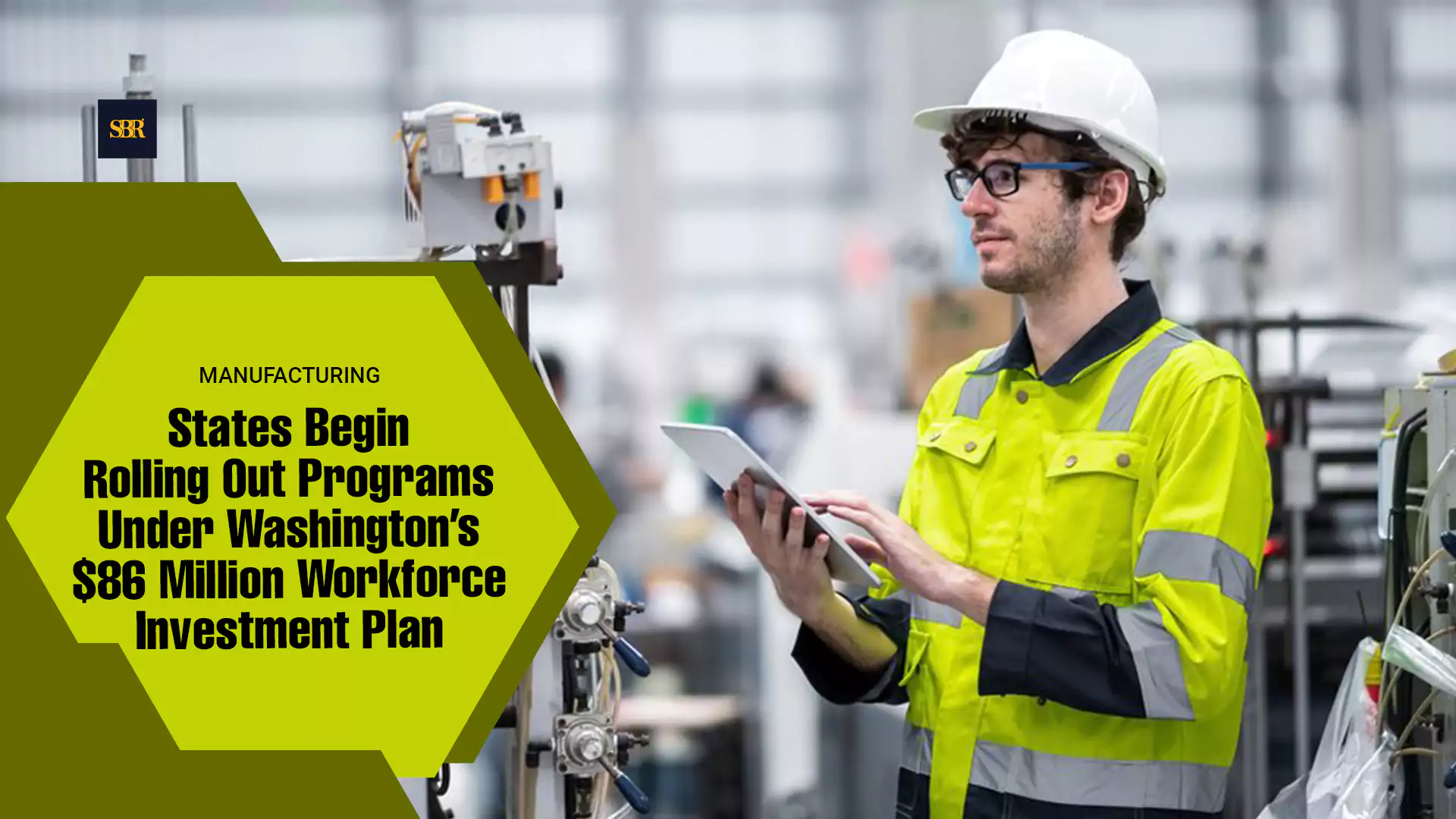WASHINGTON, May 8, 2025 — The United States and the United Kingdom are expected to announce a deal on Thursday to cut tariffs on certain goods, marking the first agreement of this kind since President Donald Trump imposed tariffs on a wide range of countries.
Trump said in a Truth Social post that he would hold a news conference from the Oval Office at 10 a.m. EDT (1400 GMT) on Thursday to announce a “major trade deal” with representatives of “a big, and highly respected, country.”
Meanwhile, a spokesperson for the British government confirmed that Prime Minister Keir Starmer would provide an update on the ongoing U.S.-UK trade discussions later in the day. Sources close to the negotiations indicated that the framework of the agreement would be unveiled shortly.
A Downing Street representative emphasized the importance of the U.S. as a key ally, stating, “The United States is an indispensable ally for both our economic and national security. Talks on a deal between our countries have been continuing at pace, and the Prime Minister will update later today.”
The agreement is expected to focus on reducing tariffs on steel and automobiles, which were subject to 25% U.S. levies. In return, Britain is anticipated to lower its tariffs on U.S. vehicles and reduce a digital sales tax that has been problematic for U.S. tech companies. However, the British government has made it clear that it will not lower its food standards in order to grant U.S. producers broader market access.
One area that remains uncertain is the status of the 10% "baseline" tariff that Trump imposed on several countries, including Britain. The specifics of this aspect of the deal have yet to be clarified.
Despite the narrow scope of the potential agreement, it holds political weight for both nations. For the U.S., the deal could signal a move toward de-escalating the trade tensions that have dominated global markets since Trump's imposition of tariffs. Meanwhile, Britain is attempting to mitigate the damage from Trump's tariffs while avoiding complications in its ongoing efforts to reset trade relations with the European Union. The UK also secured a new trade deal with India earlier this week.
The trade war, which has contributed to volatile financial markets and concerns over a potential recession, has placed significant pressure on central banks and businesses grappling with unpredictable policymaking. The International Monetary Fund recently downgraded growth projections for the U.S., China, and other major economies, attributing the downturn to the effects of U.S. tariffs.
In related developments, U.S. and Chinese officials are scheduled to meet in Switzerland on Saturday, where talks will begin to address the ongoing trade dispute between the world’s two largest economies.
Trump's administration has been engaged in a series of discussions with trade partners following the president’s April 2 decision to impose a 10% tariff on most countries, along with reciprocal tariff increases for numerous trading partners, though these measures were later suspended for 90 days.
The United States is an indispensable ally for both our economic and national security.

















